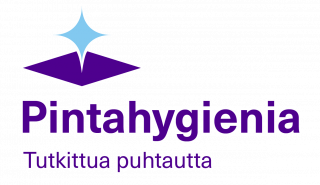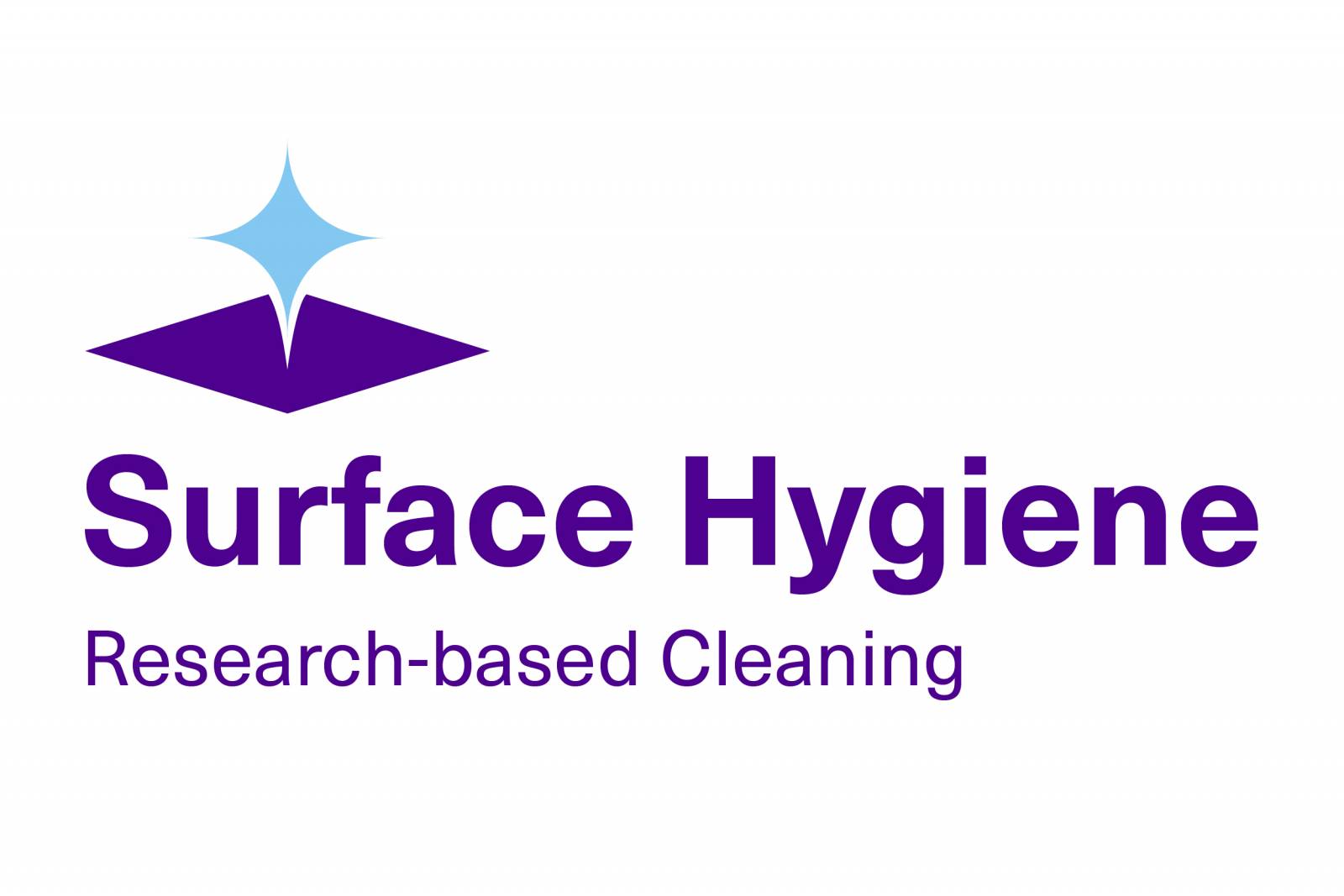The development of surface hygiene in a changing epidemic situation study delves into the use and effectiveness of non-disinfecting cleaning agents in removing coronaviruses and other pathogens from surfaces by daily cleaning.
Applied research develops resilience and operational effectiveness of companies in restaurant business, tourism and care sectors during and after exceptional circumstances. It also supports export and internationalisation of commercial cleaning products and companies that produce cleaning services.
Minimizing the spread of pathogenes
The joint project of Tampere Universities Community and enterprises aims to produce evidence-based, piloting-verified information that will minimise the spread of pathogens in the context of services provided by public entities and enterprises.
Pilot destinations include restaurant businesses and tourism industry, as well as care services. Business Finland granted funding of around EUR 300.000 to the higher education community for a project lasting half a year.
“We develop the management and resilience of corporate cleaning hygiene in exceptional and crisis situations, during and after conditions caused by epidemics or pandemics. This enables companies to provide their customers with a secure, verified operating environment”, says Heikki Hyöty, Professor of Virology at the University of Tampere.
How does the virus persist on different surface materials?
“We collect surface and air samples from the hospital environment, e.g. from the premises of the units that treat COVID-19 patients and other facilities of the hospital. The samples are analyzed in the Virology Laboratory at the University of Tampere”, Hyöty points out.
This project explores the survival of the virus on different surface materials. “We are investigating the efficacy of various cleaners used in hospitals and general facilities in inactivating and eradicating different types of pathogens. We get to test for the presence of viruses in the Living Lab and practical work environments.”
Tampere University has been studying pathogens, and in particular viruses using molecular methods, for twenty years.
Tampere University Environmental Health Research Group, founded last year, is also involved in the project to develop surface hygiene. Among other things, the team is investigating the presence of coronavirus in Finnish wastewaters together with the Finnish Institute for Health and Welfare (THL).
Promoting international business
The research project involves Tampere University, Tampere University of Applied Sciences, Kemvit Oy, Berner Oy, Kiilto Clean Oy, Poistoa Oy and Norlandia Care Oy, as well as several other Finnish partners. The results of the project are directly and immediately deployable.
The study explores the needs, challenges and opportunities associated with the hygiene of companies in exceptional situations of business.
“We map out new business, growth and internationalization opportunities related to surface hygiene holistically. The competitive advantage, export and brand of companies taking advantage of the results will be strengthened with the project”, says Leila Kakko, Project Manager responsible for sub-projects at Tampere University of Applied Sciences.
According to Kakko, Finnish cleaning skills, cleaning products, utensils and methods as well as hygiene-friendly furniture and surface materials are of high quality and recognized by the world. The results and cooperation of the project reinforce the commercialization of Finnish competence into international export.
Additional information:
Heikki Hyöty
Professor of Virology
Tampere University
heikki.hyoty@tuni.fi, +358 50 5168 480
Tampere University Project Manager:
Anna Hyvärinen
Clinical Instructor
Tampere University
anna.hyvarinen@tuni.fi
Tampere University of Applied Sciences Project Manager:
Leila Kakko
Lecturer, Master of Agriculture and Forestry
Tampere University of Applied Sciences
leila.kakko@tuni.fi, +358 50 3119 623


